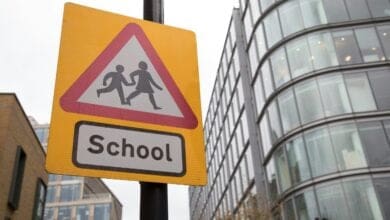Govt to roll out 1,000 Best Start Family Hubs
The hubs, which will be introduced in every local authority by April 2026, aim to improve early development and school readiness

Register to get 1 free article
Reveal the article below by registering for our email newsletter.
Want unlimited access? View Plans
Already have an account? Sign in
The government has announced plans to roll out up to 1,000 Best Start Family Hubs across England by 2028, providing parents and young children with easier access to support services.
The hubs, which will be introduced in every local authority by April 2026, aim to improve early development and school readiness by offering a “one stop shop” for services covering health, education and wellbeing. The programme is backed by more than £500m and is expected to benefit about 500,000 children.
Education secretary, Bridget Phillipson, said: “It’s the driving mission of this government to break the link between a child’s background and what they go on to achieve. Our new Best Start Family Hubs will put the first building blocks of better life chances in place for more children.”
The hubs will provide a single access point for a wide range of services, including support with breastfeeding, early language development, mental health, housing, debt advice, and domestic abuse. They will also serve as a contact point for vulnerable families to access social care and early help services.
Paul Whiteman, general secretary of the National Association of Head Teachers (NAHT), welcomed the announcement, describing early years support as “a really welcome move from the government”.
He said: “If there is one intervention that comes close to being a silver bullet in education, it is effective early years support. The statistics around the impact of Sure Start centres on children’s life chances are startling.
“This is a positive step forward towards ensuring all children get the best start – and we are pleased to see tangible investment following this week’s announcement of new targets for school readiness.”
The scheme builds on the legacy of the Sure Start centres established in the early 2000s, which research has linked to improved educational outcomes. According to the Department for Education, children who lived near a Sure Start centre during their first five years were 0.9% more likely to achieve five good GCSEs by age 16.







